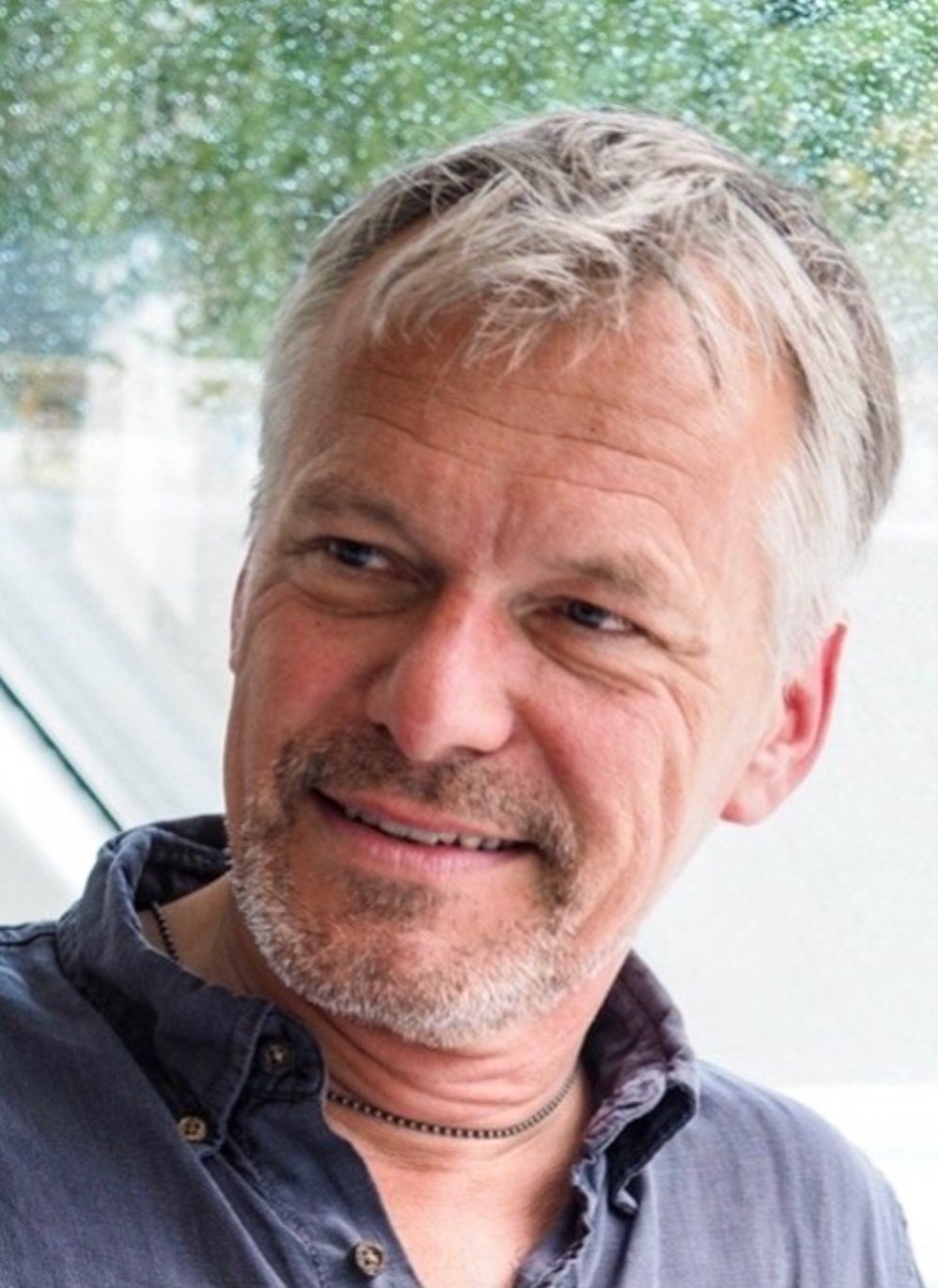Dirk Philipsen teaches economic history at Duke University’s Sanford School of Public Policy and the Duke History Department.
He also serves as Senior Fellow at the Kenan Institute for Ethics, director of the Regenerative Futures Lab, Fellow at the Royal Society of Arts, director of the “Better World” Focus Program, and founding associate of the Wellbeing Economy Alliance, where he serves as ambassador. He was educated in Germany and the U.S., and holds degrees in economics and history.
Dirk has researched and published on the history of modern capitalism, movements for social and economic justice, race and race relations, and the possibility of regenerative futures.
His first book, We Were the People, chronicles the collapse of communism in East Germany and was published by Duke University Press. Over the last fifteen years, his research and writing has focused on sustainability, wellbeing economics, and pathways toward a regenerative future. His last book was published by Princeton University Press under the title The Little Big Number – How GDP Came to Rule the World, And What to Do About It (2015/17). He is currently working on a book, together with Lewis Akenji, on the possibilities of universal dignity.
Dirk’s research explores alternatives to economic systems that are wedded to exponential economic growth.
With several collaborators, he is pursuing projects that begin to chart a possible future toward sustainability, wellbeing, joy, and something like popular sovereignty. For a sample of recent writing, see “The Tragedy of the Private: Theft, Property, and the Loss of a Commons”
His work has appeared in dozens of national and international outlets, including The Nation, NPR, The New Yorker, RSA London, Wirtschaftswoche, the Hindu Business Line, and Folha de São Paulo.

